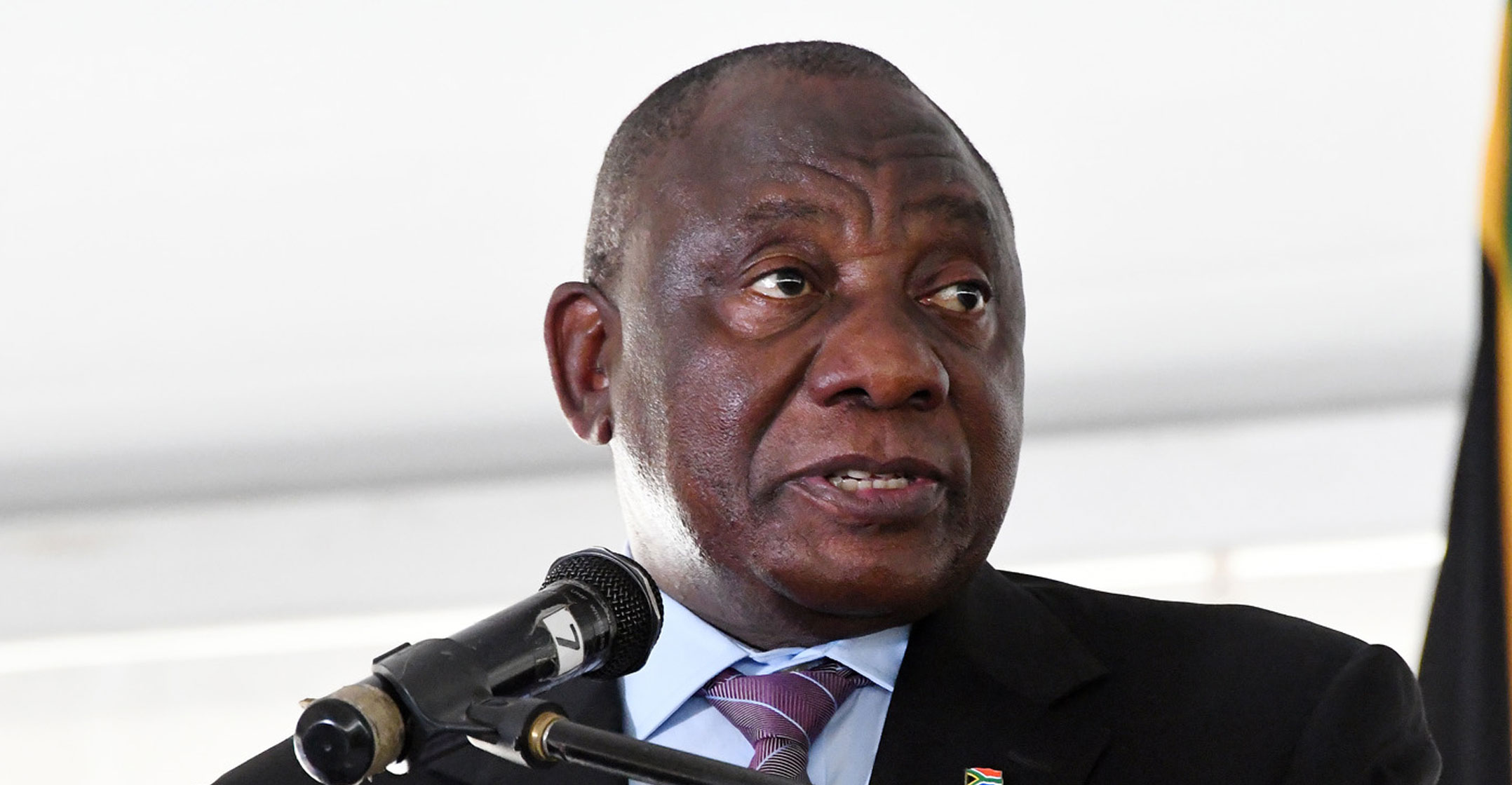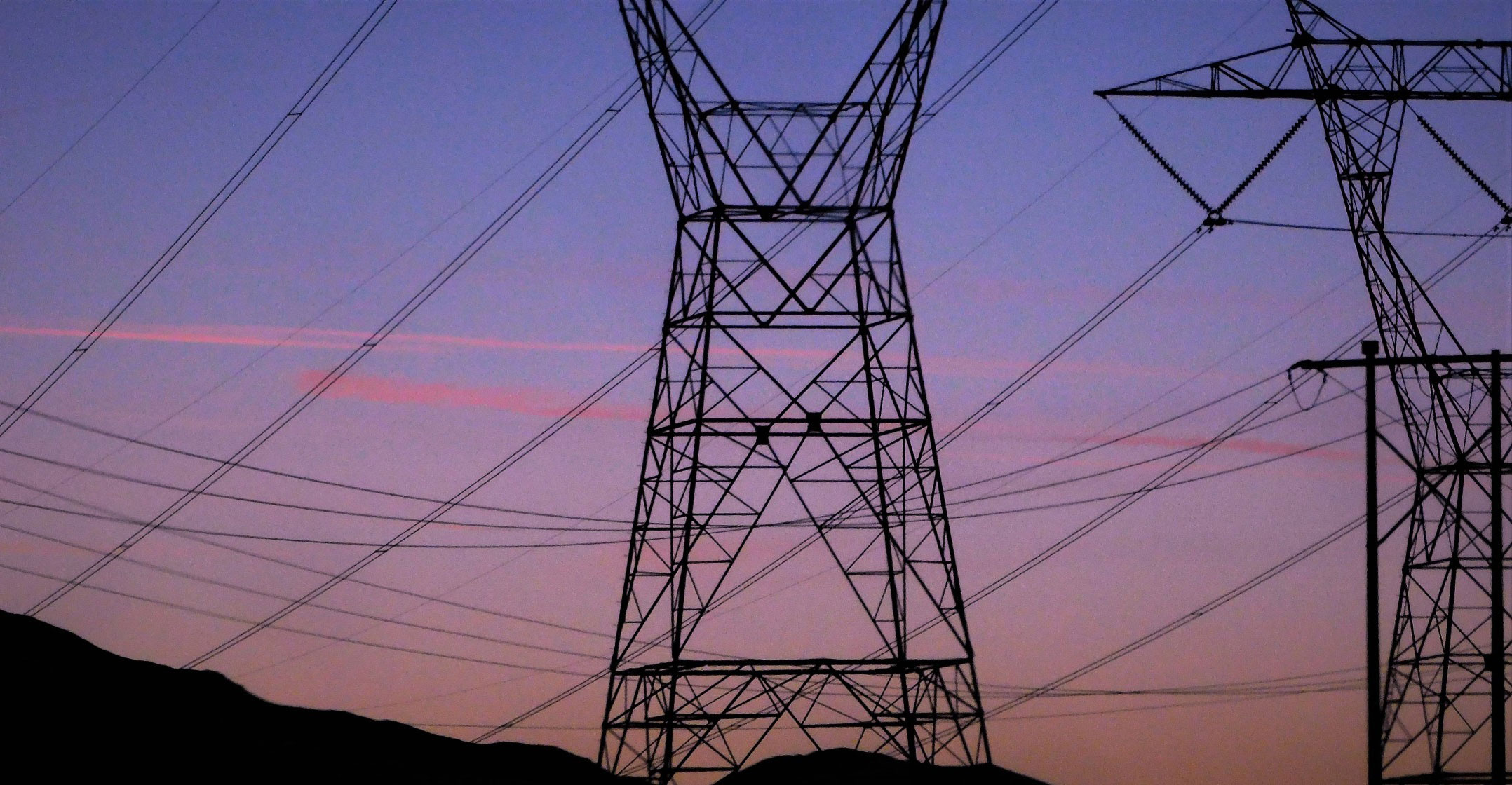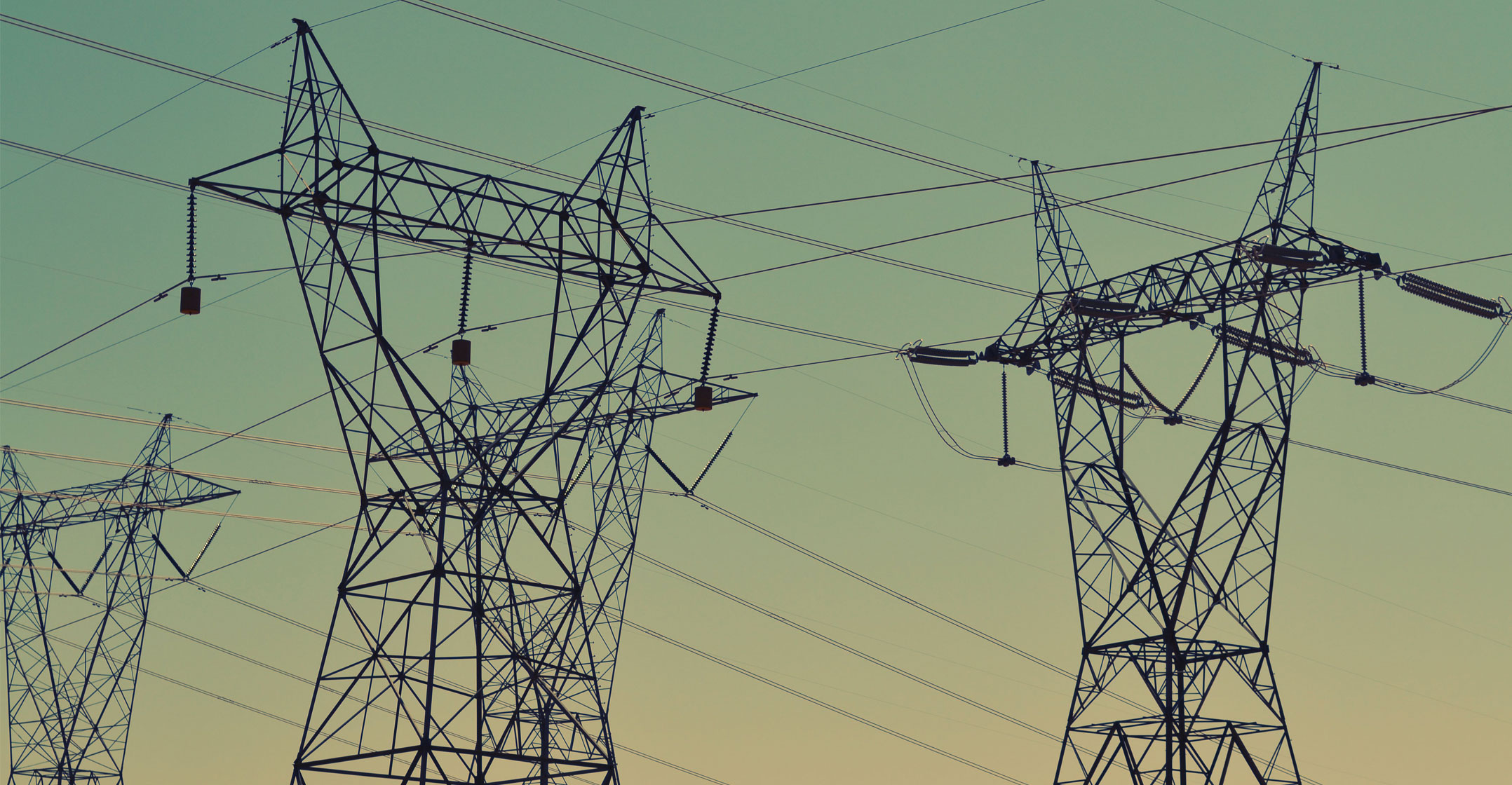
President Cyril Ramaphosa has assured citizens that things are improving at Eskom and that government is fully aware of the importance of reliable and stable electricity supply to the country.
“Millions and millions of people depend on Eskom,” he said in response to questions around Eskom’s woes during a parliamentary session on Thursday.
Ramaphosa added that government acknowledges the grave damage that load shedding does to the economy, while alluding to the serious problems at the state-owned electricity supplier.
“Load shedding is always the last resort, but necessary to prevent a total collapse of the electricity grid.
“We are busy implementing fundamental changes to improve the reliability and efficiency of electricity supply. We are working hard in a number of ways, not only to improve generation capacity, but we are also busy implementing a number of other measures,” he said.
Ramaphosa reiterated that government is supporting Eskom’s “road map” to recovery. “The restructuring of Eskom into three operating units of transmission, generation and distribution is progressing.”
The legal separation of the transmission business will be concluded by the end of the year and the separation of generation and distribution will be done next year.
Government has also made progress on important changes to its policies, as well as the necessary changes in legislation to implement these changes in policy.
Ramaphosa mentioned one example – the recent relaxation in licensing requirements. Previously, private entities had to get permission for installations bigger than 10MW, but the limit has been increased to 100MW.
More investment
“This has resulted in more private sector investment. A number of projects are moving forward,” said the president. He added that government is committed to involving the private sector, without reservations.
“We are determined to preserve and improve electricity supply and acknowledge that electricity generation should not come from one source only.”
He reminded parliament of the steps that Eskom is taking, including improving maintenance, expanding generating capacity, reducing losses, acquiring skills, improving municipal revenue and debt collection, rooting out corruption and increasing energy generation from renewable sources.
“Significant progress has been made,” Ramaphosa reiterated.
Democratic Alliance leader John Steenhuisen, who posed written a question, had a follow-up for the president.
 “Six years ago, in parliament, you promised that Eskom’s problems will be solved within two years and that the energy crisis won’t even be remembered,” Steenhuisen reminded Ramaphosa. “A solution is that municipalities, such as Cape Town and those in Gauteng, be allowed to buy electricity directly from private producers. When will they be able to do so?” he asked.
“Six years ago, in parliament, you promised that Eskom’s problems will be solved within two years and that the energy crisis won’t even be remembered,” Steenhuisen reminded Ramaphosa. “A solution is that municipalities, such as Cape Town and those in Gauteng, be allowed to buy electricity directly from private producers. When will they be able to do so?” he asked.
Ramaphosa replied that Eskom’s measures include independent generation of electricity, including allowing municipalities and local government entities to generate electricity.
“Many only distribute electricity. They should be allowed to generate their own electricity, too. The door is already open for municipalities to buy electricity directly from independent producers,” he added.
Figures in Eskom’s latest annual report prove the president right, but also show that a long and difficult road lies ahead.
Management points out that Eskom made progress in implementing its plans. It reduced debt, increased revenue, improved profitability and made progress in collecting outstanding debts from municipalities.
The biggest problem is still Eskom’s high interest payments (R31.5-billion in the 2021 financial), due to its huge debt burden
The income statement confirms that revenue has increased slightly, by just less than R5-billion to R204.3-billion. However, management is of the opinion that the increase would have been higher if not for the “unprecedented 6.7% decline in sales, predominantly due to the Covid-19 lockdown”.
Eskom’s bottom line improved, too, from a loss of R20.8-billion in the year to March 2020 to R18.9-billion in 2021, despite the lower electricity sales and an increase in generating costs.
The biggest problem is still Eskom’s high interest payments (R31.5-billion in the 2021 financial), due to its huge debt burden.
The balance sheet shows Eskom was able to reduce its total debt by R71.4-billion. Total debt amounted to R565.8-billion (including non-interest bearing debt) at the end of March 2021, compared to R637.2-billion a year earlier.
Improved
Management also noted that collections from municipalities have improved, which regular news reports of tough legal action and switching off electricity supply to defaulting municipalities can attest to.
Eskom has also reported tough action to get rid of corruption and recover some money, sometimes not much.
The original claim of R5.6-billion against Optimum Coal Mine was reduced to R1.3-billion during arbitration. At the time of the annual report Eskom was hoping to get R255-million, spread over the next five years, after Optimum was placed in business rescue.
Eskom also got a court order against Trillian Management Consulting to recover R595-million, but reported that it received nothing by the end of the financial year. A claim of R207-million against Deloitte Consulting was settled for R150-million plus VAT, and received. Other cases are still proceeding.
 While settlements and actual payments are low relative to damages suffered, it still sends a message that Eskom is not open for corruption any more.
While settlements and actual payments are low relative to damages suffered, it still sends a message that Eskom is not open for corruption any more.
Eskom has received a qualified audit opinion for the previous four financial years. The auditors have again qualified their opinion, as they could not rely on the completeness of information relating to irregular expenditure in the 2021 annual financial statements.
Eskom CEO André de Ruyter noted in his overview of operations that Eskom is facing unprecedented challenges in an environment where uncertainty and disruption is the new norm.
He said that global and local conditions are likely to hamper economic growth and have a persistent impact on Eskom’s revenue collection.
“Eskom’s poor financial and operational performance, in turn, negatively affects vital national priorities such as economic growth, job creation and efforts to combat poverty, and remains a major risk to the South African economy.
“At the same time, we have been struggling to secure cost-reflective tariff increases, and this is unlikely to improve drastically in the future. That said, the taxpayer cannot continue to subsidise the electricity consumer by way of equity injections by government,” said De Ruyter.
He added that successful implementation of Eskom’s turnaround plan will position the utility to deliver value within the broader national efforts to drive reform in the electricity supply industry.
“In most areas, we are making good progress, although certain areas give me some cause for concern. On operations recovery, addressing load losses and fixing new-build defects are taking longer than we had expected. We can also improve on performance against the reliability maintenance recovery programme.
Long road
“On the income statement, some areas are on track, such as initiatives to reduce headcount, procurement savings and actions to improve the tariff trajectory, but other areas are lagging behind, such as divisional efficiency savings and some primary energy initiatives.
“And, of course, municipal and Soweto arrears debt continues to escalate, which also had a significant effect on the balance sheet,” said De Ruyter.
Figures on operational performance indicate the long road to recovery. Eskom struggled to supply electricity in 2021 – a year during which electricity demand was lower than normal.
Eskom produced 201 400GWh of electricity, independent power producers (IPPs) delivered 13 528GWh, and 8 812GWh was imported. It was not enough, as evident by supply disruptions. In addition, 25 078GWh was lost due to technical losses, theft and errors.
Meanwhile, the electricity supply and demand relationship has deteriorated lately.
- This article was originally published by Moneyweb and is republished by TechCentral with permission

